Ibada Wadud on Designing for Justice & LULAH’s Next Chapter
September 19, 2022
Sara Kozlowski
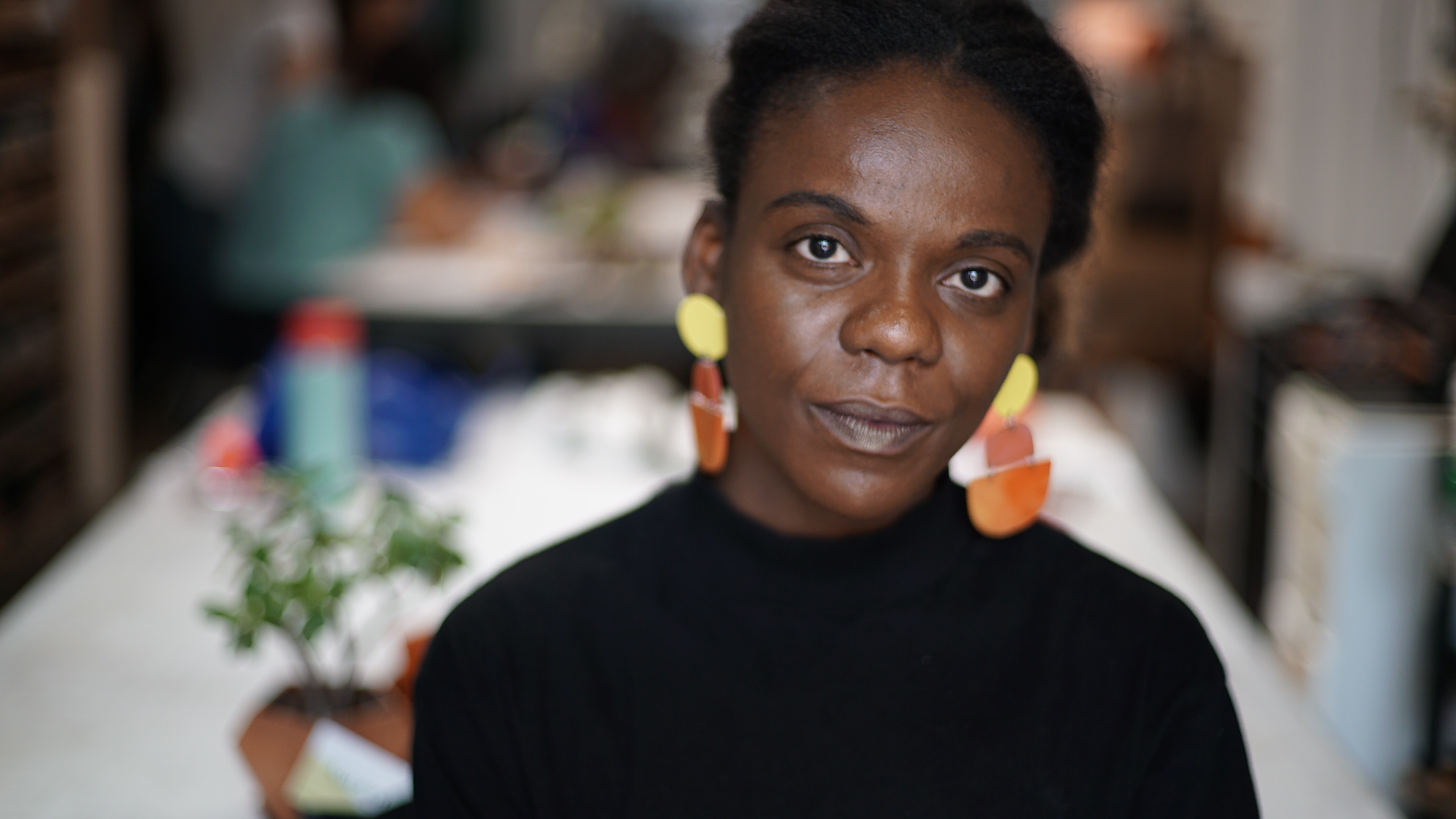
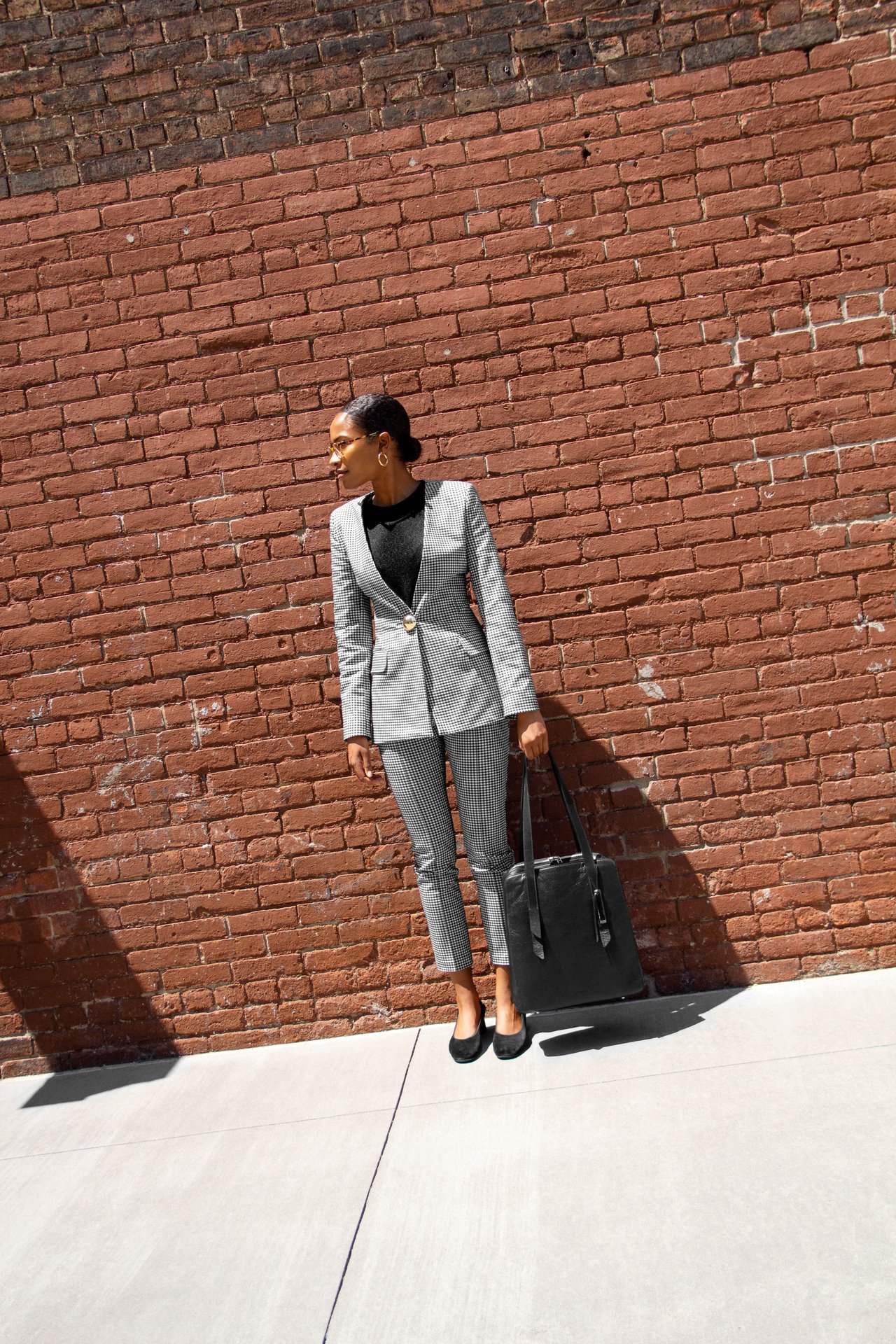
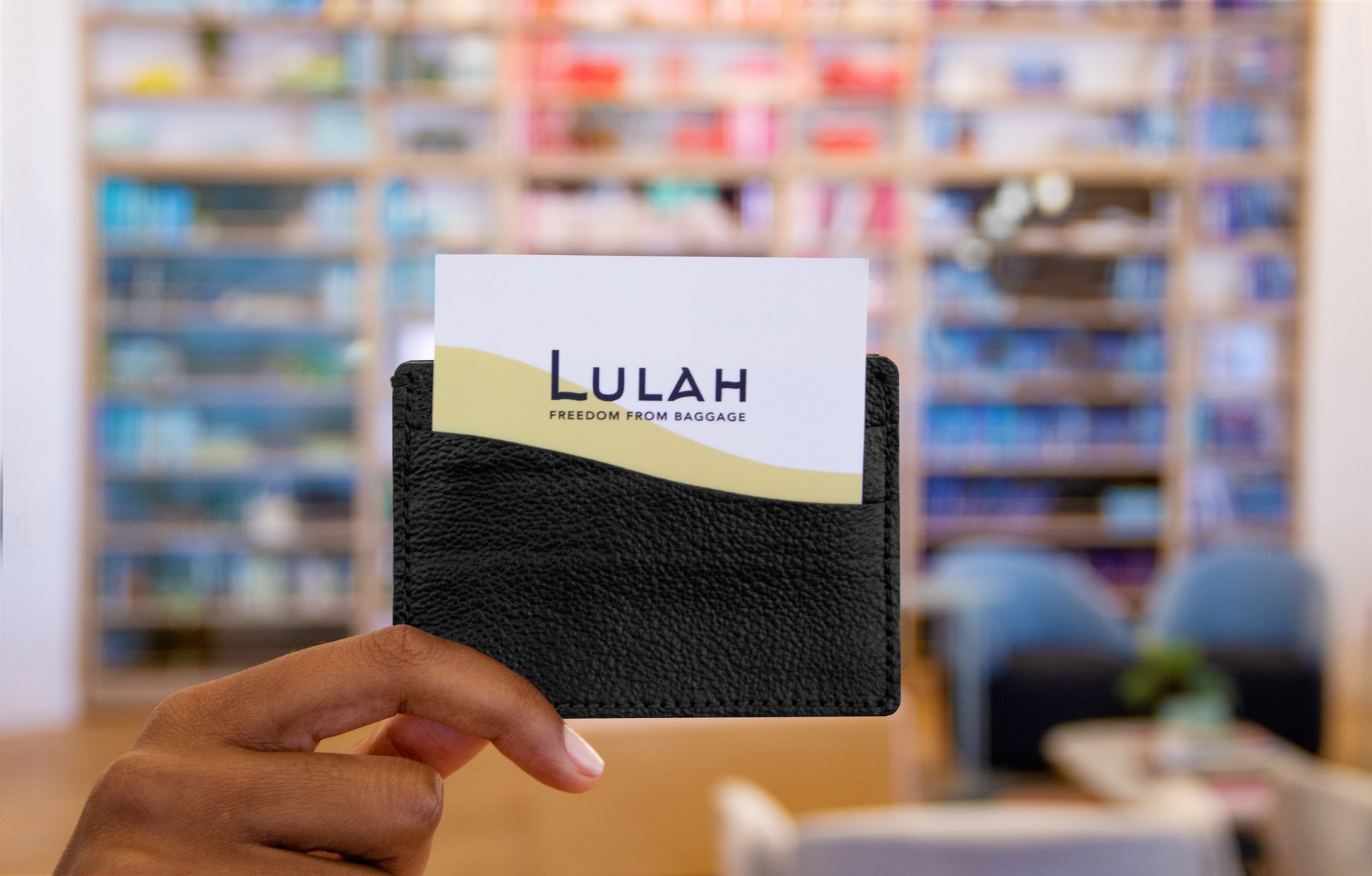
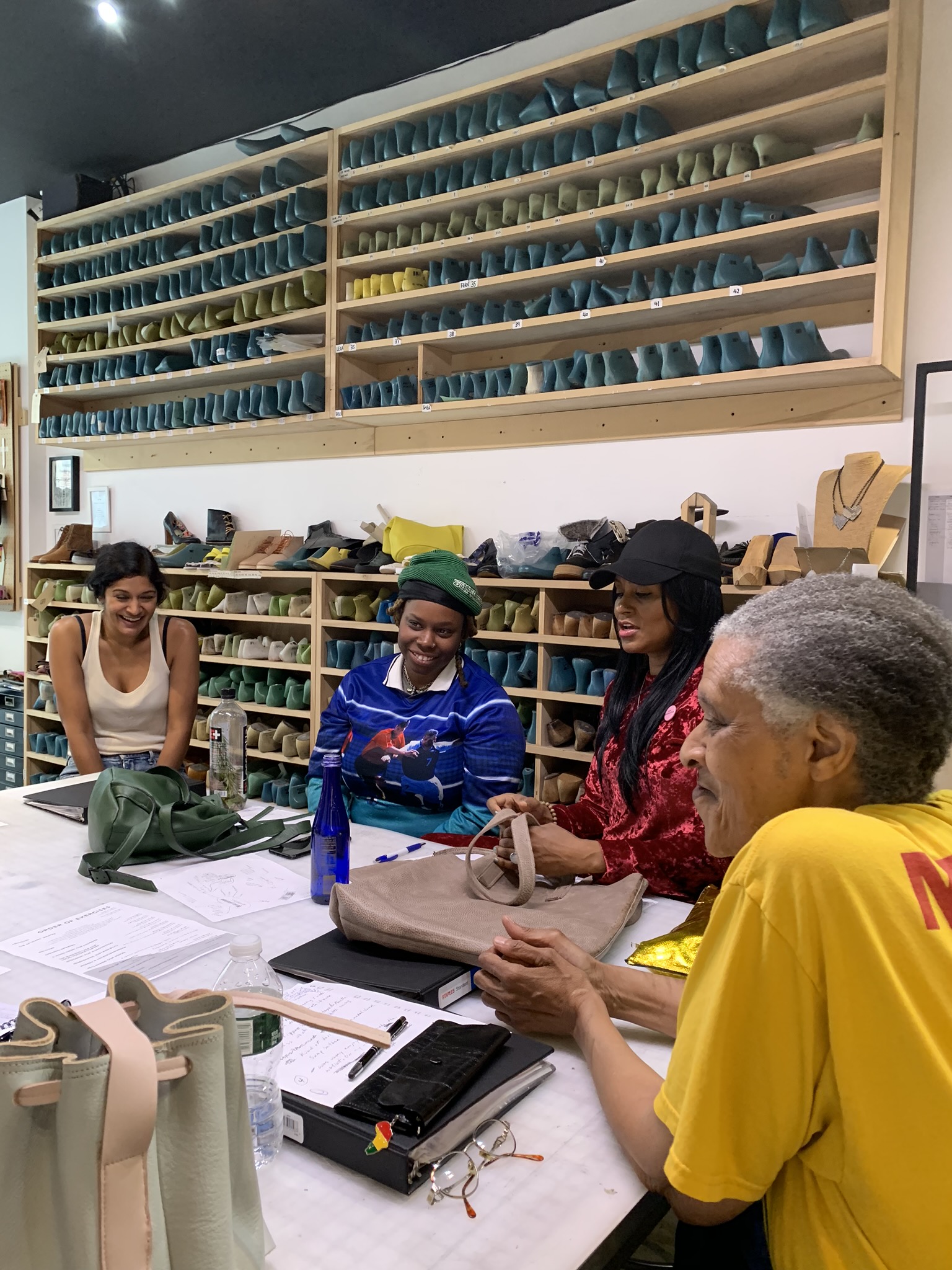
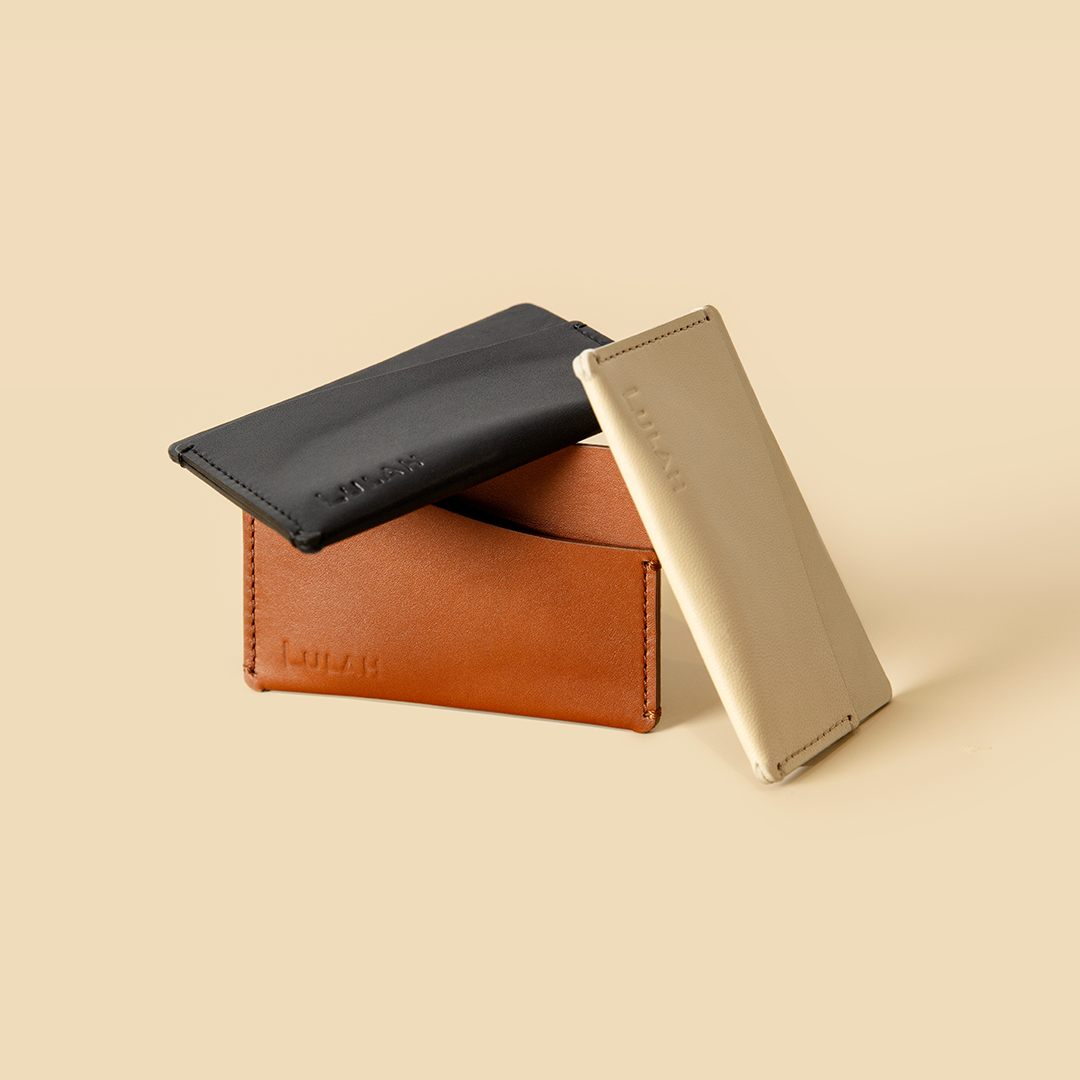
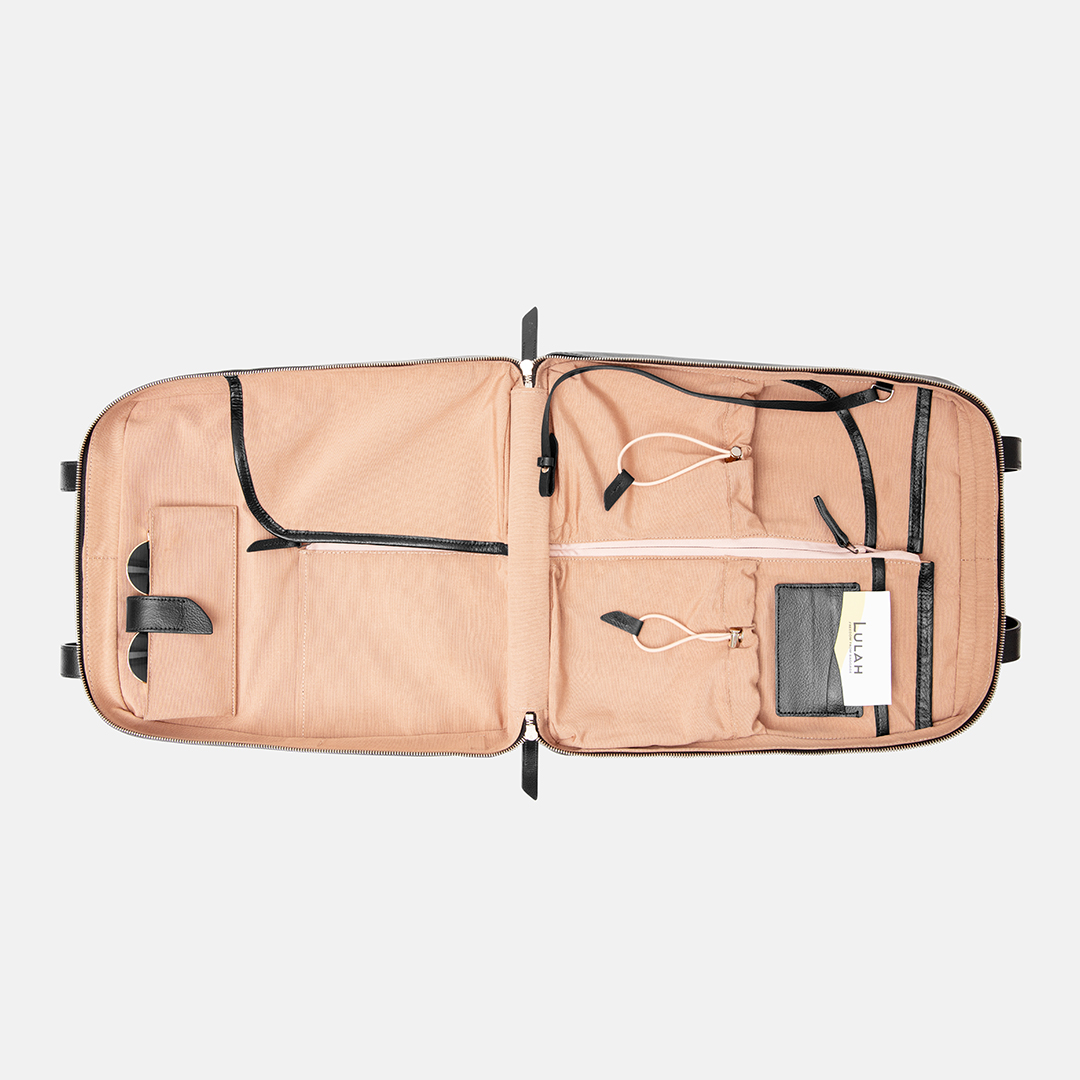

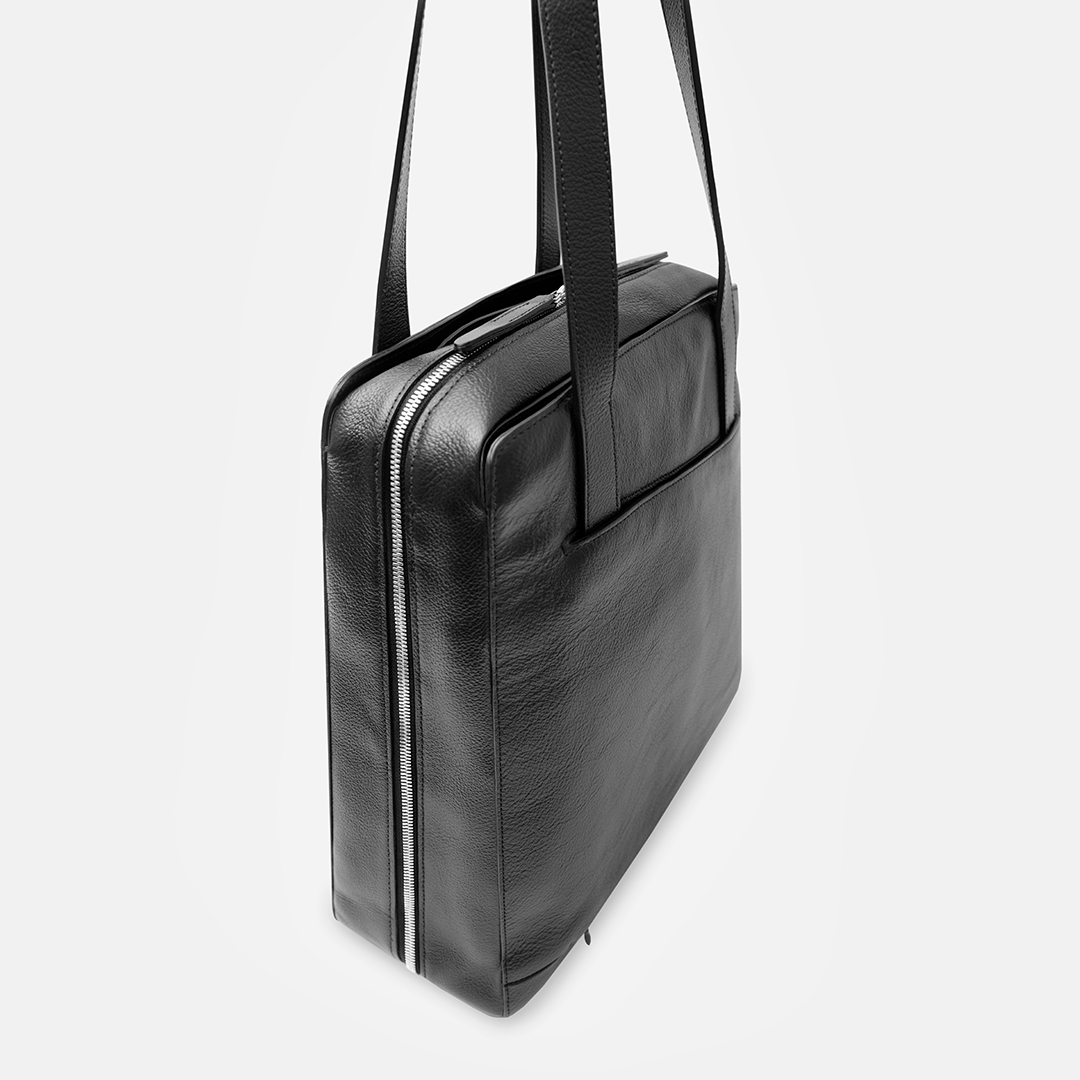
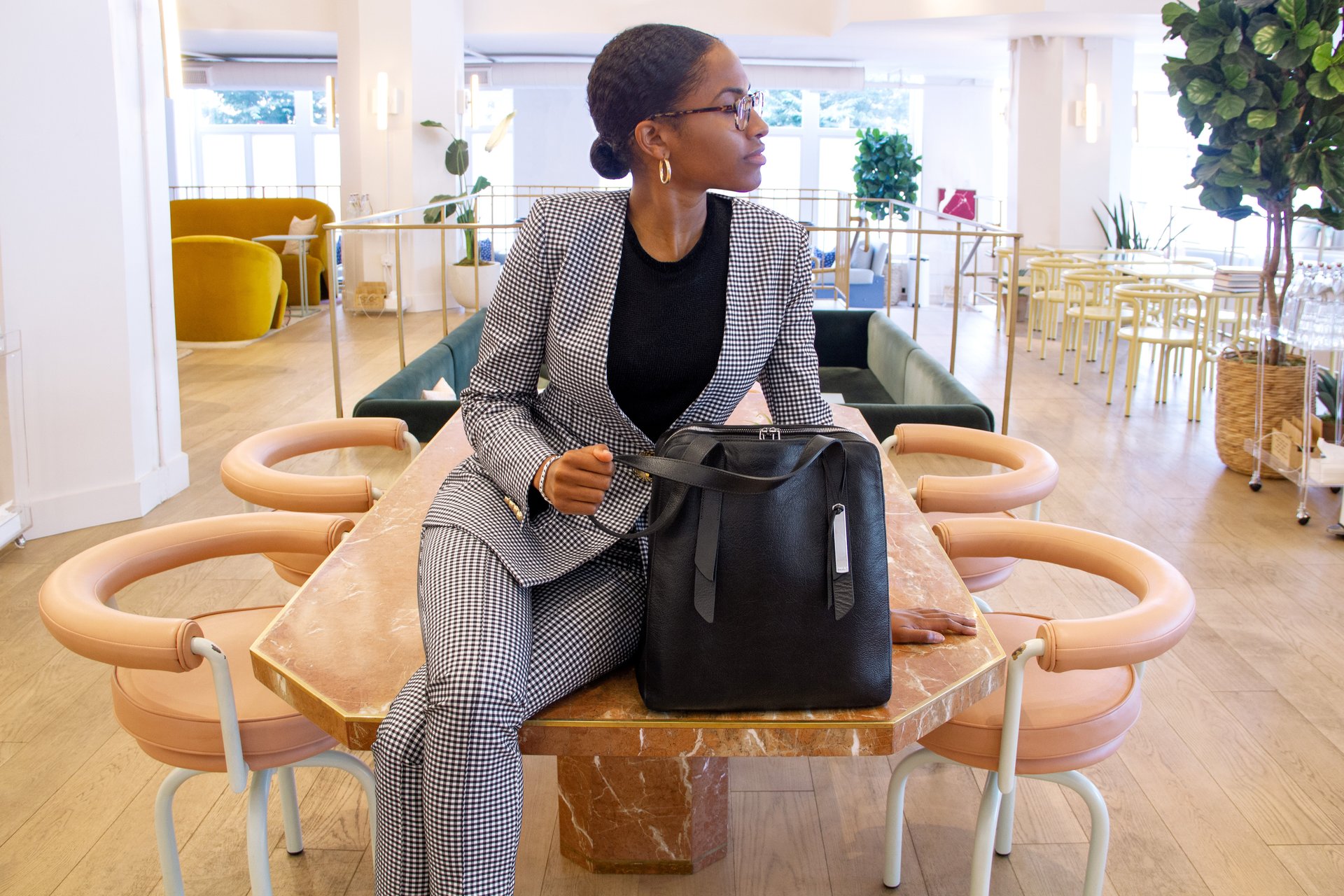
Images courtesy of LULAH
Images courtesy of LULAH
Images courtesy of LULAH
Images courtesy of LULAH
Images courtesy of LULAH
Images courtesy of LULAH
Images courtesy of LULAH
Images courtesy of LULAH
September means school is back in session and campuses welcome students back for in-person classes. This year, the New York Fashion Week calendar eclipsed with UNGA77 {Sept 13 -26}, bringing the Global Goals and those who champion change top of mind.
As a sustainable design strategist, educator, social entrepreneur, and policy advocate, the trajectory of Ibada Wadud’s work has been blending these intersections with purpose for more than a decade.
In addition to her role as Founder and Head of Impact at LULAH, Ibada is a tenure track, Assistant Professor of Strategic Design & Management at Parsons within the School of Design Strategies. Using co-action and an impact driven approach, LULAH’s equity centered business model informs her teaching focused on design justice, social impact, and entrepreneurship.
From past to future, a consistent focus of her professional journey has been socio- economic sustainable development.
As founding member and Governance Board member of the New York Fashion Workforce Development Coalition, her leadership is shaped by activism in advocating for equitable fashion policy such as the FABRIC Act, sponsored by Senator Gillibrand, which Wadud recently advised on.
“At the NYFWDC, we recognize that regulation and reform will ultimately lead to a more prosperous and sustainable fashion industry by which skilled workers are treated with dignity, worker retention is achieved through improved conditions, and industry ethics are attuned and align with an increasing consumer demand for justice,” Wadud said.
LULAH’s Journey
LULAH was founded with the vision of “Freedom From Baggage” guided by a social mission to create better handbags made in Brooklyn by formerly incarcerated women.
The pilot model launched in 2019 after receiving initial project funding from the New York Mayor’s Office for Criminal Justice.
For the first cohort, through an alliance with the Women’s Prison Association, Wadud interviewed women coming out of prison on probation. “When women arrive to the WPA, 91 percent are unemployed and 46 percent have never held legal employment. LULAH reimagines classic American heritage in the likeness of women of color as we demystify the incarceration of women and cultivate sustainable careers in the fashion industry.”
Operating from Brooklyn Shoe Space in South Williamsburg as its home, the Artisan in Residence program was architected as a 12 week intensive and provided subsidized wages combined with hands on training in leather work and bag smithing to five women.
“LULAH‘s inaugural program began with a straightforward curriculum celebrating the heritage of making and leather craft,” Wadud said. “Each woman was justice-involved in handbag design and construction. Its unique value proposition to the fashion industry was to leverage social justice and racial equity to stimulate local manufacturing in Made in NYC while promoting fair chance hiring.”
Its graduation ceremony was hosted by Mara Hoffman and the Women’s Prison Association and more than 100 leaders in NYC’s fashion industry.
Blueprinting LULAH’s Future
Through mapping a new blueprint for LULAH, Wadud continues to design with purpose, “Building a just American fashion workforce” by inventively re-imagining the constructs of the fashion system itself.
After pivoting this year, the brand will be relaunching core leather accessories in fall 2023 and is developing a contemporary sportswear capsule for fall 2024 in collaboration with the quilters of Gee’s Bend.
Future expansion priorities include growing LULAH’s collaborative ecosystem via multi- stakeholder partnerships, securing capital to fund and scale educational components, and establishment of a not-for-profit entity.
“We are currently seeking 501(c)3 status for our workforce development program which will continue to exclusively employ people who are formerly incarcerated and/or directly impacted by the criminal justice system,” Wadud said.
A future goal is also to be able to make key hires and build a team of talented post incarcerated people as experts from sample makers, production managers to technical directors.
Wadud believes in an open innovation approach to growth, seeing great potential value in sharing LULAH’s social innovation model with other brands and collaborators. “My ultimate vision for the program was also to see its mission replicated by other brands and see fashion industry as leader in those spaces to scale and lead,” she said.
Headlining its new chapters, Wadud is sighted on expanding its vision by establishing a mirror hub in North Carolina, where her family is from.
Applying learnings from LULAH’s foundational years fostering Artisan enterprise development, she will aim to translate and adopt the BK model to its new satellite, with shared operations and continued presence in Brooklyn. Rooted in deep history and heritage of the south, the North Carolina hub will create opportunity to expand LULAH’s social mission.
The need for creating post incarcerated citizen pathways to careers is clear and deep, especially for women in the South.
Prison Policy’s The Gender Divide: Tracking Women’s State Prison Growth reports that “nationwide, women’s state prison populations grew 834 percent over nearly 40 years — more than double the pace of the growth among men. “In North Carolina, Ohio, Tennessee, and Virginia, more women were added to state prison populations than men. In these 4 states, between 52 percent and 97 percent of total state prison growth was driven by the growth in women’s populations.”
Returning full circle to when LULAH was founded, Wadud wants to celebrate the dying craft of leather work – and preserve expert making as a technical design specialization.
LULAH is the namesake of Ibada’s mother, who inspired its creation, product story and bag functionality. Its hangtag includes a vintage class photo of her mom who Ibada recalls carried the same leather handbag for over ten years – yet often found herself searching and losing items in the bag.
Within LULAH, inclusion is equity centered by design. And yet, much of the groundbreaking social venture has been self-financed by Ibada, thereby limiting momentum to scale and to grow. Unfortunately, Ibada is not alone.
Research conducted by the Harvard Business Review in 2021 found that 61 percent of Black women self-fund their total start-up capital. A JP Morgan study highlights that black women are steadily the fastest growing group of entrepreneurs but are disproportionately challenged to access capital:
“Only 2 percent of venture capital funding goes to U.S. female-only founder teams. The intersectionality makes it even more difficult for Black women to get funding, with less than 100 Black women raising $1 million or more in venture capital funding in 2020.”
Ibada’s experience as a Black female founder amplifies the stark reality that there can be no true environmental or social sustainability without economic equity. There can be no real design justice without breaking down systemic resource and financial barriers.
Access is the future of fashion and requires a call to action for the financial sector to invest in visionaries like Ibada – who are blending practice with placing clear purpose into action – one stitch at a time.
We must fill the gaps and shortfall of funding opportunities and open new pipelines to establish, grow and scale sustainable businesses.
As an open Invitation for advocacy, Wadud would like “to see real progress in the industry” and through her work “help strengthen understanding and awareness that the system is inequitable by design.”
She believes in a future where “fashion celebrates difference and diversity” and greatly admires the active leadership of Aurora James in creating The Fifteen Percent Pledge as example of a positive call to action. Wadud exemplifies championing change by design by looking beyond product and business models and into the redesign of the broken system itself.
WEB: www.shopLULAH.com
IG: @shoplulah
View Video: Lulah Made in NYC